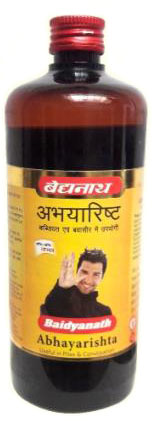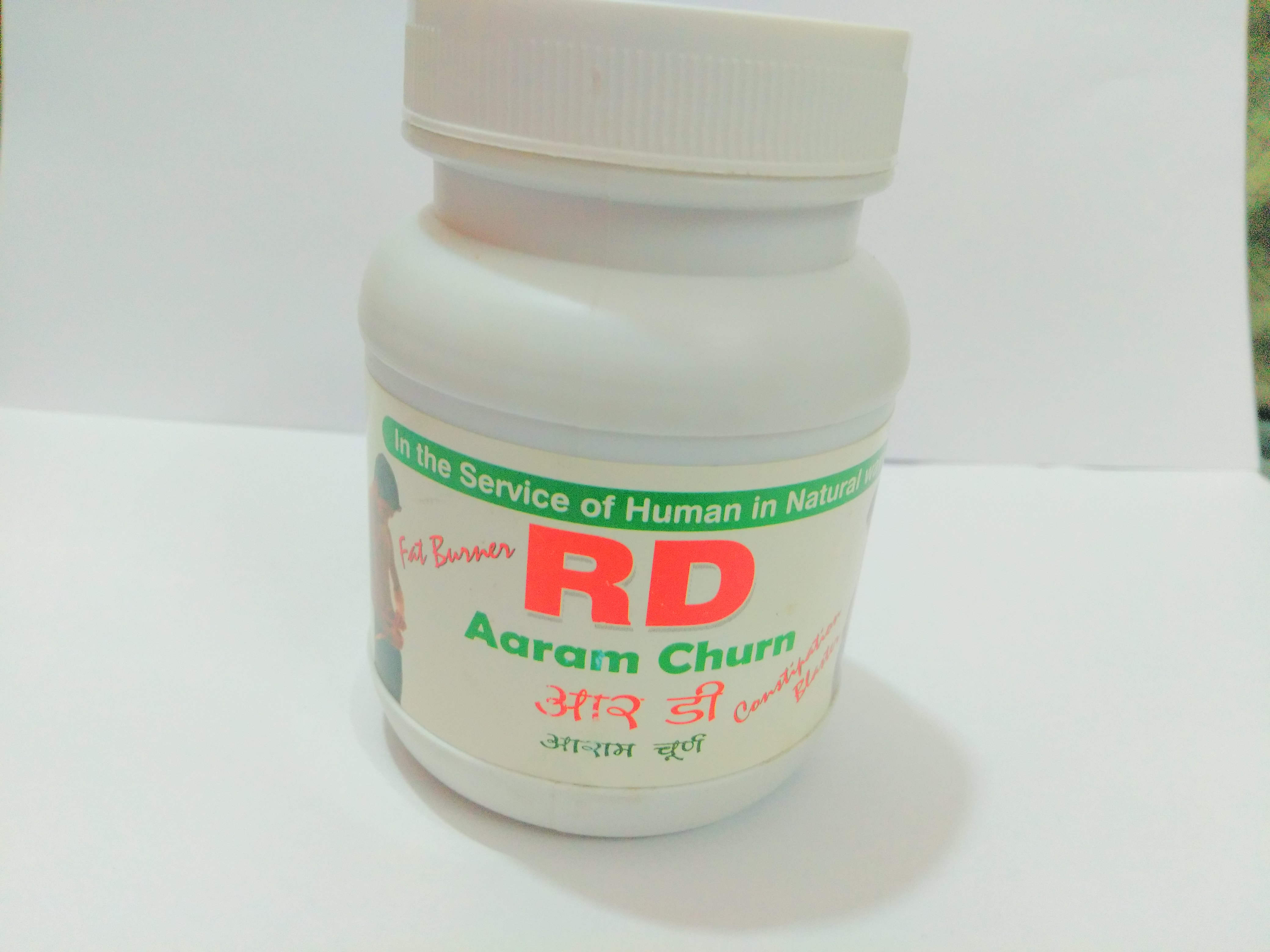Constipation

Constipation is a common symptom where a person has difficulty passing stool or unusually dry stool. In simple language it is irregular and infrequent or difficult evacuation of the bowels. Constipation is determined in the colon (large intestine), which is responsible for packaging and eliminating stool. As food moves through the colon, it absorbs water while forming stool. Muscle contractions (squeezing motions) in the colon push the stool toward the rectum (the lower 8 to 10 inches of the large intestine). By the time stool reaches the rectum, it is solid, because most of the water has been absorbed.
Age wise effect:
Constipation is more common in children and older age, but can affect anyone. The reason for this is that children prefer junk foods and a diet low in fibre and elder people due to absence of teeth prefer soft foods which are again low in fibre due to which constipation occurs. People who generally don’t have time to take their proper meals and take more junk food which in turn disturbs the digestive system and causes constipation.
Reasons:
- Diet: The most common cause of constipation is a diet low in fiber found in vegetables, fruits, and whole grains and high in fats found in cheese, eggs, and meats. People who eat plenty of high-fiber foods are less likely to become constipated.
- Not enough liquids: Liquids like water and juice add fluid to the colon and bulk to stools, making bowel movements softer and easier to pass. Other liquids, like coffee and soft drinks that contain caffeine seem to have a dehydrating effect.
- Lack of Exercise: Lack of exercise can also lead to constipation. For example, constipation often occurs after an accident or during an illness when one must stay in bed and cannot exercise.
- Medications: Pain medications (especially narcotics), antacids, antispasmodic, antidepressant, iron supplements, diuretics, and anticonvulsant can slow passage of bowel movements.
- Irritable Bowel Syndrome (IBS): Some people with IBS, also known as spastic colon, have spasms in the colon that affect bowel movements. Constipation and diarrhea often alternate, and abdominal cramping, gassiness, and bloating are other common complaints. Although IBS can produce lifelong symptoms, it is not a life-threatening condition. It often worsens with stress.
- Changes in Life or Routine: During pregnancy, women may be constipated because of hormonal changes or because the heavy uterus compresses the intestine. In addition, people often become constipated when travelling because their normal diet and daily routines are disrupted.
- Abuse of Laxatives: Laxatives usually are not necessary and can be habit- forming. The colon begins to rely on laxatives to bring on bowel movements. Over time, laxatives can damage nerve cells in the colon and interfere with the colon's natural ability to contract. For the same reason, regular use of enemas can also lead to a loss of normal bowel function.
- Ignoring the Urge to Have a Bowel Movement: People who ignore the urge to have a bowel movement may eventually stop feeling the urge, which can lead to constipation. Some people delay having a bowel movement because they do not want to use toilets outside the home. Others ignore the urge because of emotional stress or because they are too busy. Children may postpone having a bowel movement because of stressful toilet training or because they do not want to interrupt their play.
- Specific Diseases: Diseases that cause constipation include neurological disorders, metabolic and endocrine disorders, and systemic conditions that affect organ systems. These disorders can slow the movement of stool through the colon, rectum, or anus.
Symptoms:
- Difficult bowel movement
- Dry bowel movement
- Painful bowel movement
- Abdominal pain
- Nausea
- Vomiting
- Weight loss
- Feeling uncomfortable
- Feeling sluggish
- Abdominal swelling
- Loss of appetite
Effects:
- Haemorrhoids
- Anal fissures
- Rectal prolapse
- Feeling sluggish
- Feeling uncomfortable
- Bloody stools
AYURVEDIC TREATMENT OF CONSTIPATION
Home Remedies:
- Ginger tea is a great home remedy for constipation. It helps in starting bowel movements.
- Exercise often a simple stroll in the park can relieve constipation.
- Guava when eaten with seeds provides roughage to diet can give relief from constipation.
- Add more fruits to the diet like pears, grapes, Orange juice & Papaya.
- Drink luke warm water early in the morning with half lemon and one teaspoon honey. For more effective result you can drink same before sleep at night.
- Apply 3-4 drops of lukewarm castor oil over the navel at night. In the morning, the patient will pass the stools.
- Soak 6-8 raisins or 2-4 figs in hot water at night. In the morning drink its water and eat it. When given routinely even to little infants, it helps to regulate bowel movement.
- Drink carrot juice. It is a very tasty remedy, especially for kids.
- Take 1 to 2 teaspoons of Isabgol husk with warm water or warm milk at bed time













